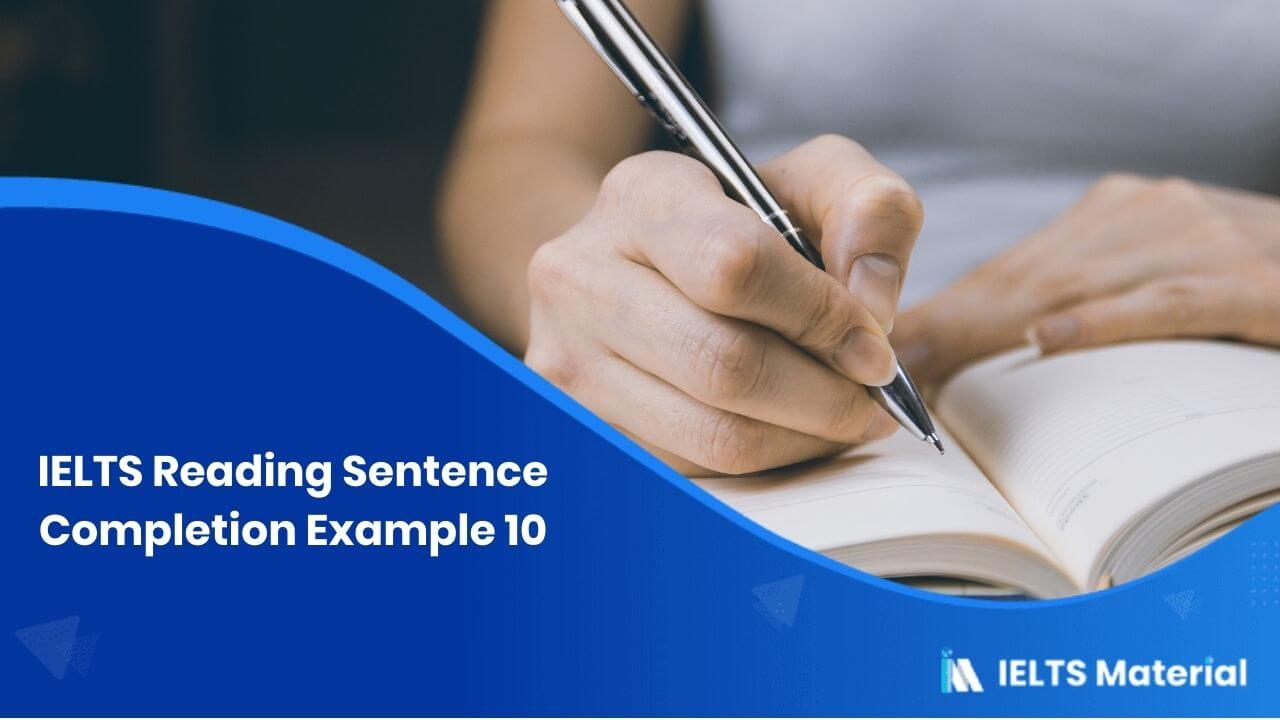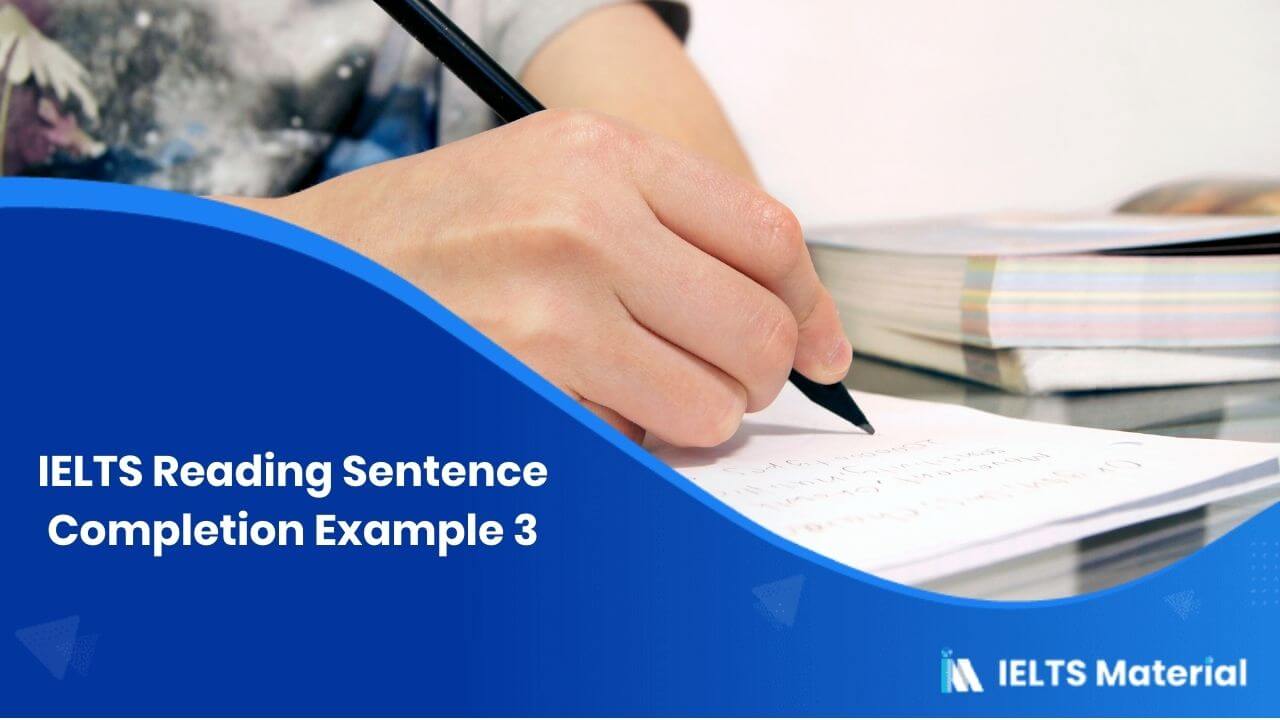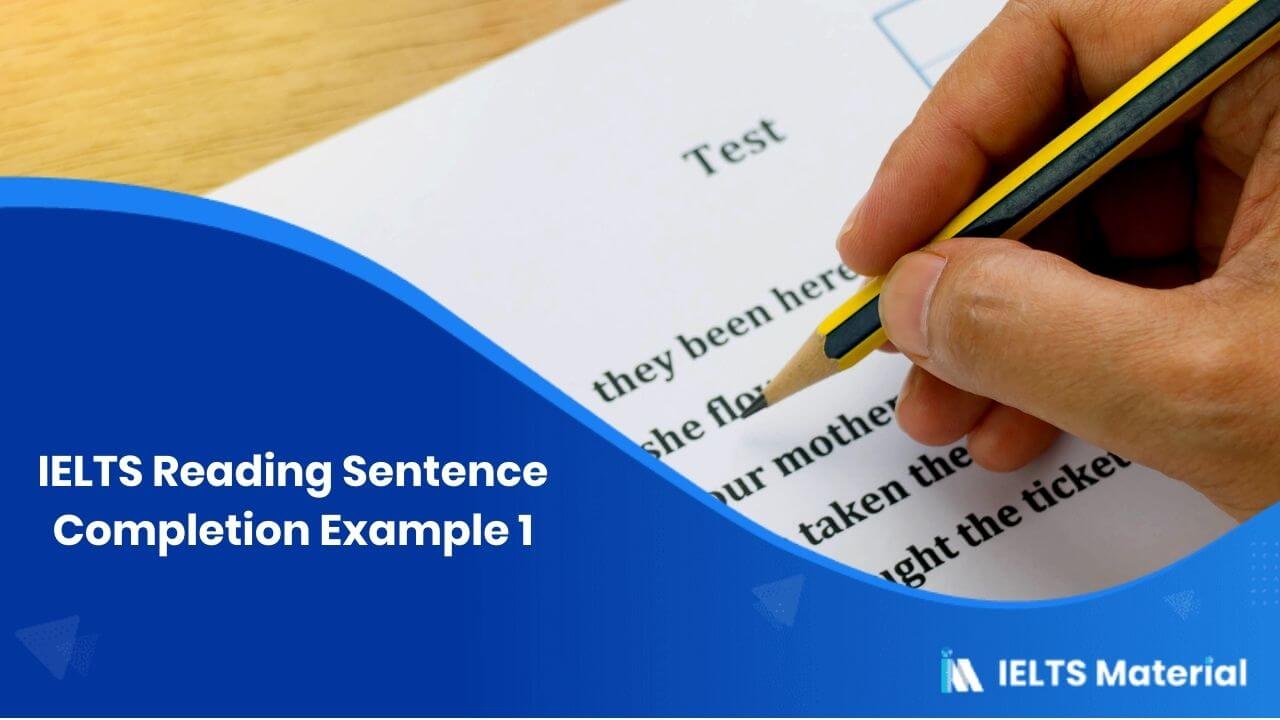IELTS Listening Sentence Completion | Example 9
Table of Contents
Limited-Time Offer : Access a FREE 10-Day IELTS Study Plan!
Transcripts:
| The bath you can see from here is called the Great bath, not very imaginative, I know, but it is the biggest. Impressive, isn’t it? At one time it was housed in a huge vaulted hall, 40 meters high, which for many people of the period must have been the largest building they’d ever seen in their lives. The bath itself is 1.6 meters deep, ideal for bathing and has steps leading down to the water on all sides. The niches or alcoves, you can see all around the bath would have had benches and possibly small tables for drinks and snacks. It’s not a bad way to spend your free time, relax, and tell yourself that it’s all good for your health.
Let’s move on to our next stop, the sacred spring. This is the heart of the site where the hot water bubbles up from the ground at a temperature of 46 degrees centigrade. The water comes up from a depth of between roughly two-and-a-half thousand and four-and-a-half thousand metres where geothermal energy raises the water temperature to between 64 degrees and 96 degrees. Over a million litres of this hot water rise up here every day and as well as being hot, the water is rich in minerals and it was thought it would cure various ailments and illnesses. In fact, people came here from all over the Roman empire to try out its healing powers. |
Questions:
Complete the sentences using NO MORE THAN TWO WORDS.
| 1.The Great Bath was accommodated in a massive ___________.
2. Around the bath, there’s an area of ___________ where there would have been benches and tables for the bathers to relax. 3. The ___________ is the heart of the site where the water bubbles from the ground. 4. The water of the sacred spring comes up from a depth of approximately ________ and _______ metres. 5. The hot water in the sacred spring was rich in minerals and was believed to cure ________ and ________. |
Answers:
| 1.The Great Bath was accommodated in a massive vaulted hall.
2. Around the bath, there’s an area of niches/alcoves where there would have been benches and tables for the bathers to relax. 3. The sacred spring is the heart of the site where the water bubbles from the ground. 4. The water of the sacred spring comes up from a depth of approximately two-and-a-half thousand and four-and-a-half thousand metres. 5. The hot water in the sacred spring was rich in minerals and was believed to cure ailments and illnesses. |
Explanation
| For the first question, we understand from the passage that the Great Bath was once housed in a huge vaulted hall and was 40 meters high. So, the correct answer is a vaulted hall. Here, housed means accommodated, and huge refers to massive.
For the second question, we understand from the passage that there’s an area of niches or alcoves around the bath where there would have been benches and small tables for drinks & snacks for the bathers to relax. So, the answer is niches/alcoves. For the third question, we understand that the next stop was the sacred spring which is the heart of the site where the hot water bubbles up from the ground. So, the answer is sacred spring. For the fourth question, we understand from the conversation that the water from the underground at the sacred spring comes up from a depth of between roughly two-and-a-half thousand and four-and-a-half thousand metres. So, the answer is two-and-a-half thousand and four-and-a-half thousand metres. Here, roughly means approximately, and two-and-a-half and four-and-a-half is a hyphenated word, and they can be counted as a single word. For the fifth question, it is given in the passage that the hot water in the sacred spring was rich in minerals, and it was thought it would cure various ailments and illnesses. So, the answer is ailments and illnesses. |
Also check :
Practice IELTS Listening based on question types
Start Preparing for IELTS: Get Your 10-Day Study Plan Today!
Explore other Sentence Completion Questions

Janice Thompson
Recent Articles
Akanksha Tripathi
Kasturika Samanta
Kasturika Samanta

Nehasri Ravishenbagam






Post your Comments